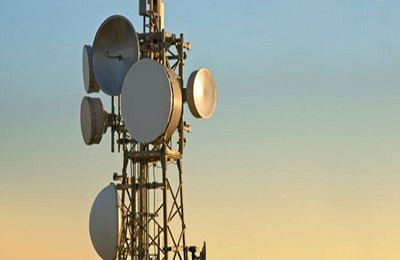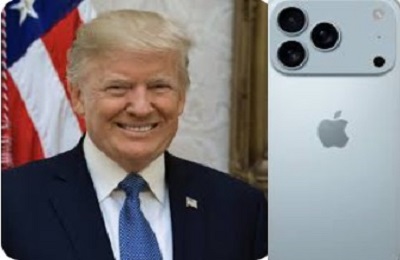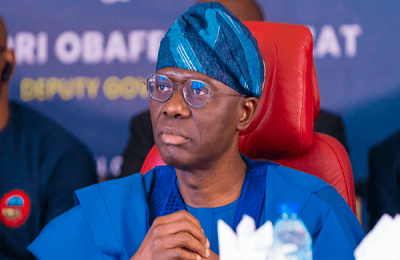ABUJA – Nigeria broadband penetration showed a small increase in April 2025, reaching 48.15%. This was a slight rise from 47.73% in March, according to the Nigerian Communications Commission (NCC). The nation recorded 104.3 million broadband connections.
Despite this minor improvement, Nigeria still lags significantly behind its National Broadband Plan targets for 2020-2025. The ambitious plan aims for 70% penetration. When launched in 2020, penetration stood at 39.85%, showing slow progress over nearly five years. Key obstacles continue to slow down the essential rollout of infrastructure needed for wider internet access across the country. This impacts the growth of the digital economy in Nigeria.
State-Level Hurdles Slow Broadband Expansion
Dr. Aminu Maida, Executive Vice Chairman of the NCC, recently identified major roadblocks. Speaking at a telecom forum, he stated that some state governments are a primary obstacle to achieving national broadband goals. These present serious NCC broadband challenges.
He pointed to expensive Right of Way (RoW) charges for laying cables. Multiple taxation by different state agencies and restrictive local policies also create significant difficulties for telecom companies. “To truly unlock the benefits of a digital nation and meet the National Broadband Plan targets, state governments must reduce regulatory obstacles. They need to promote policies that encourage investment,” Dr. Maida urged.
Currently, only seven states have waived these RoW fees. Others impose high costs that discourage network operators from expanding their services. This directly hinders Nigeria broadband penetration and slows economic progress.
Smartphone Costs, 4G Goals Still a Concern
The National Broadband Plan also set a goal for at least 50% broadband penetration by 2023. It aimed for 70% of mobile subscriptions to be on 4G networks by the same year. However, official data showed broadband penetration was just 44.43% at the end of 2024. As of April 2025, 4G subscriptions stood at 49.27%.
The plan had recommended establishing a local smartphone assembly plant by 2023. This was intended to make smartphones more affordable. Nigeria still lacks such a facility. Meanwhile, smartphone prices have soared, partly due to the Naira’s devaluation. Basic entry-level smartphones now often cost more than N100,000. These high costs continue to limit how many Nigerians can access broadband. This slows the country’s overall digital transformation and the growth of the digital economy in Nigeria.
By Abiodun Labi








